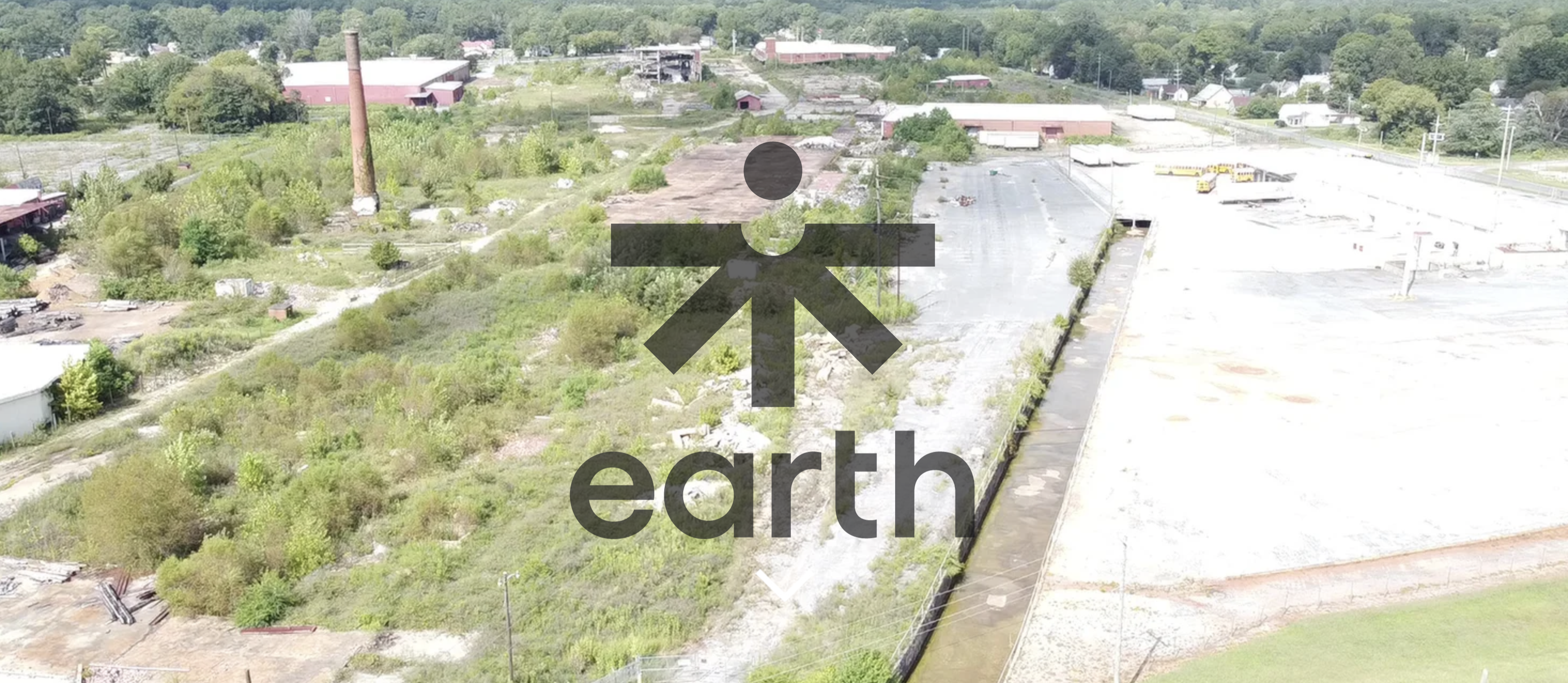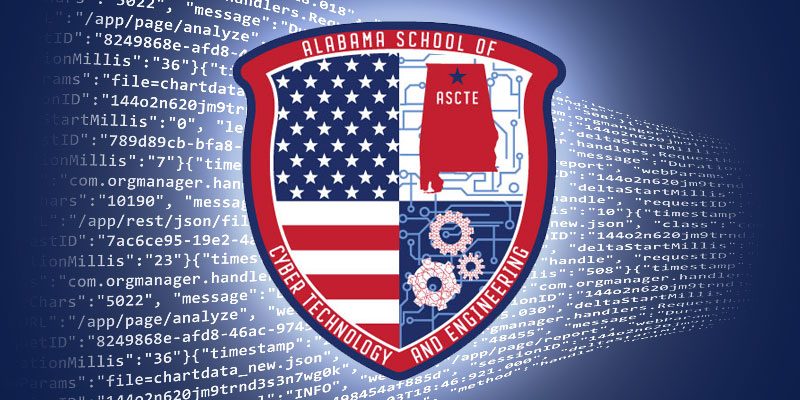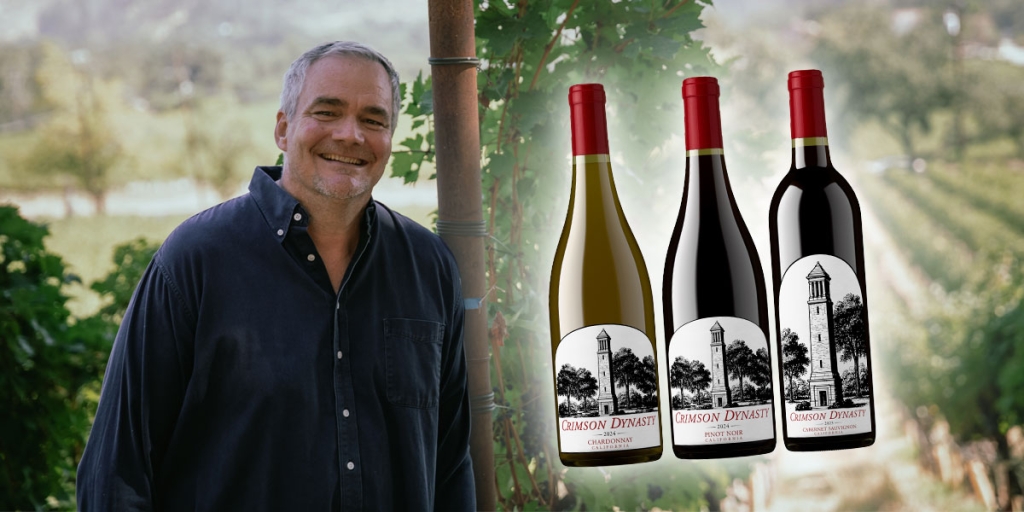Bound by the love of community, EARTH will pave a prosperous path forward for East Alabama.
“EARTH will convene people of all ages from Sylacauga and East Alabama to learn, innovate, and incubate in order to get employed or start a business,” says Jeff Lynn, president of Central Alabama Community College and EARTH investment team member.
The East Alabama Rural Training and Innovation Hub seeks to bridge education and economic impact within its 30-acre campus, building upon the region’s heritage of hope and determination to overcome past setbacks. Once their mission is complete, expect the term “rural” to become synonymous with “innovative.”
Here’s a closer look at five key principles that create EARTH’s blueprint for revitalization:
Economic impact. Based upon a preliminary study by Dr. Samuel Addy, associate dean for Economic Development Outreach at the University of Alabama’s Culverhouse College of Business, EARTH will provide significant economic contributions to not only the region but also throughout the state. The study anticipates EARTH to generate $68.6 million in gross business activity, plus $8.5 million in value-added state annual impact. The campus’s construction will utilize an estimated 500 jobs across Alabama, resulting in $22.4 million in wages to workers. Once EARTH begins operations, its campus will provide 128 job opportunities.
Accessibility. EARTH will develop human capital by investing in the people of East Alabama. “The uniqueness to EARTH is that we are addressing the barriers to workforce development, which are childcare and transportation,” says Margaret Morton, executive director of SAFE Family Services Center. An on-campus early education center will not only train students but also offer childcare services to those who are in training. In addition to diverse transportation curriculums, services will be provided for commuting to and from campus. State Rep. Ben Robbins adds, “We’re tackling a big crisis in our state, which is underemployment, and we’re providing the solution for getting people to participate in the workforce.”
Rural focused. By investing in local human capital, the multidisciplinary workforce development program will ignite sustainable economic and social growth within its rural community. EARTH’s hub-and-spoke model will focus on manufacturing, transportation, healthcare, IT, energy, regenerative agriculture, early child care and education, and hospitality/culinary arts. The individual disciplines are mutually interdependent upon one another for laying a strong foundation for a successful rural economy.
Training. EARTH will support people of all ages who are seeking job training, providing opportunities not only for high school graduates but also older adults seeking to reenter the workforce. The campus will serve as an inclusive community for the people of East Alabama — young or old — to learn skills necessary to thrive in their chosen industry and support the region’s economy. “It’s an amazing opportunity for the community and for my students,” says Dr. Michele Eller of Sylacauga City Schools. “The uniqueness of EARTH’s partnership with community, business industry, higher ed is really going to skyrocket their careers moving forward.”
Heritage. EARTH builds upon East Alabama’s resilient legacy and its physical heritage of innovation. The campus will be constructed in the former Avondale Mills site, once a thriving epicenter of textile manufacturing for over 100 years until its shuttering in 2006. “The notion that a solution for economic and workforce development could emerge from the remnants of a deserted textile mill that had long sustained this region in Alabama is undeniably noteworthy,” says lead architect Ryan Coleman. “While anticipating the broader impact on the entire region, I’m especially excited about the potential transformation of individual stories and how it could alter the trajectory of families.”








